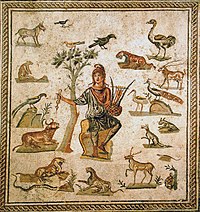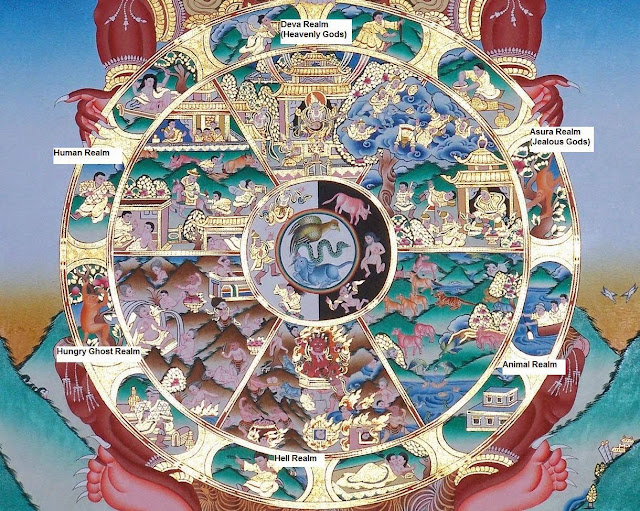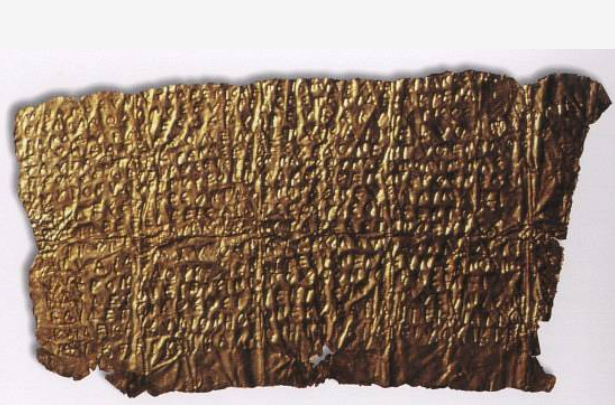The Orphic Mystery cult

In the shadowed glades of ancient Greece, under the flickering torchlight of sacred groves, the whispers of the Orphic Mysteries echoed—a secret knowledge passed from initiate to initiate, hidden from the eyes of the unworthy. This was not the loud, ecstatic frenzy of Dionysian revels, but a solemn, sacred path—a journey of the soul seeking liberation from the eternal cycle of death and rebirth.
At the heart of these mysteries stood Orpheus, the legendary poet and musician whose lyre could charm even the stones and whose voice could tame the wildest beasts. But Orpheus was not just a musician; he was a prophet, a mystic who had ventured beyond the veil of death itself to retrieve his beloved Eurydice from the underworld. Though he failed in that quest, he returned with forbidden knowledge—secrets whispered to him by the gods of life, death, and beyond.

The Orphics believed that the human soul was divine, a spark fallen from the celestial realm, now trapped in the prison of the flesh. This imprisonment was not a single lifetime’s curse but a punishment stretched across countless reincarnations. Each life was another link in an endless chain forged by original guilt—the crime committed by humanity’s mythical ancestors, who, in a primordial age, partook in the death of the god Dionysus Zagreus.
According to Orphic myth, Dionysus, the son of Zeus and Persephone, was torn apart by the savage Titans, jealous of his divine radiance. The Titans devoured the young god, but Zeus, enraged, struck them down with his thunderbolts, reducing them to ash. From these ashes—part divine, part Titanic—humankind was born. Thus, within every human soul burned the divine spark of Dionysus, but it was sullied by the darkness of the Titans’ crime.

The Orphic Mysteries taught that life itself was a form of spiritual amnesia. Souls wandered from body to body, forgetting their true nature, bound to the wheel of metempsychosis—the cycle of reincarnation. Liberation could only be achieved through rigorous purification, ascetic practices, and sacred knowledge. The Orphic initiate, guided by sacred hymns and rituals, sought to awaken from this dream of mortality, to remember their divine origin.

They followed strict codes: abstaining from meat to avoid consuming other ensouled beings, embracing ritual purity, and contemplating the mystical truths contained in Orphic poems and hymns. Their rites involved sacred chants, nocturnal ceremonies, and the enigmatic Orphic Gold Tablets buried with the dead—inscribed with instructions for the soul’s journey through the afterlife. These tablets often bore cryptic messages like:
“I am a child of Earth and starry Heaven, but my race is of Heaven alone.”
Upon death, the initiate’s soul would confront the guardians of the underworld. Armed with Orphic wisdom, they knew which paths to take, which waters to drink, and which gates to avoid. Unlike ordinary souls condemned to endless cycles, the enlightened could break free, ascending to join the gods, their divine spark finally liberated.
In the end, the Orphic Mysteries were a rebellion against the tyranny of death. They offered not just hope, but a sacred map—a promise that the soul’s exile was temporary, that beyond the veil of forgetfulness, immortality awaited. Orpheus, with his lyre and his sacred words, had glimpsed that truth, and through the mysteries, he invited others to follow.
